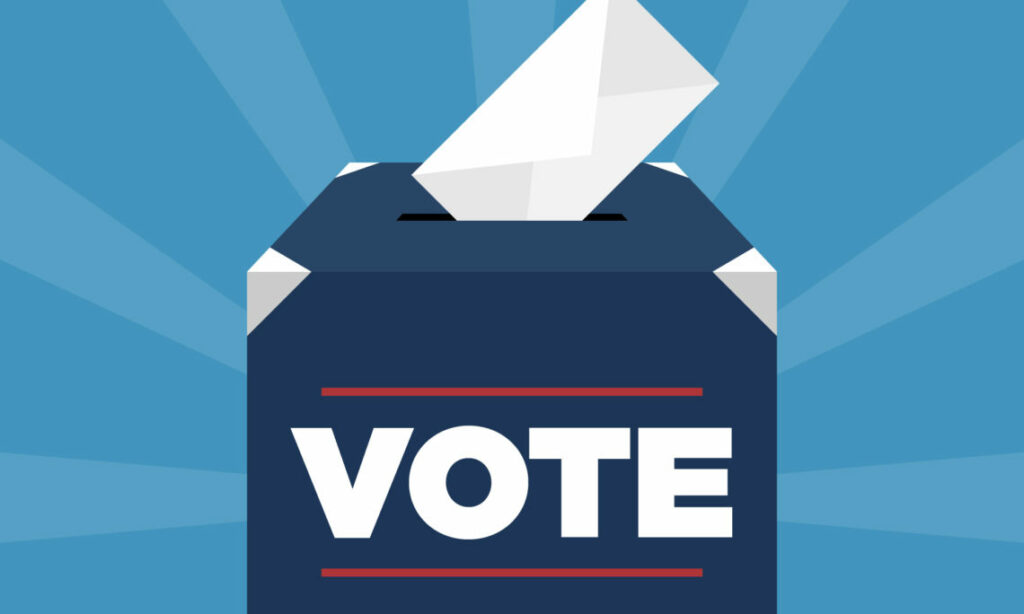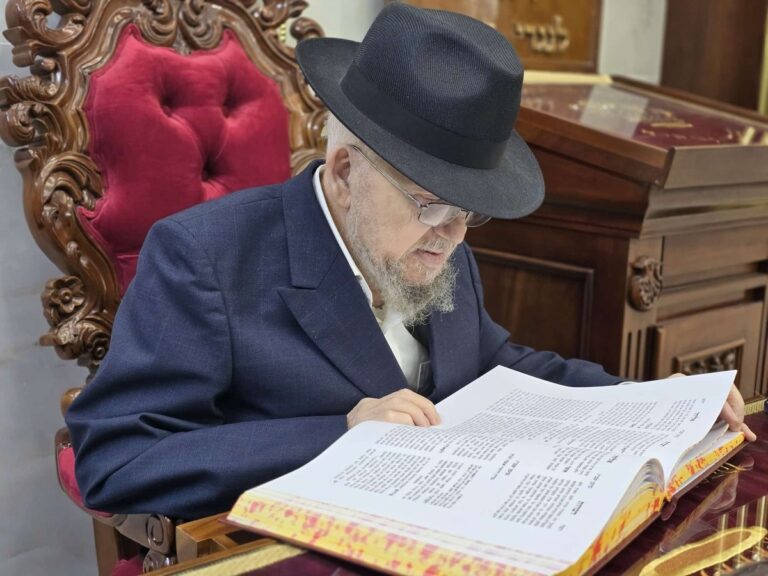The head of a progressive political party in New York is urging voters to cast votes on the party’s line at a time when a new state law is jeopardizing the future of minor parties.
Political parties must now receive 2% of the vote — or 130,000 votes — in the previous presidential or gubernatorial election to qualify as a party and get on the ballot. A political party’s status will now be reviewed every other year starting in November.
The state’s new ballot qualification requirements are set to take effect under a federal judge’s Tuesday decision, meaning that minor parties could lose their spot on the ballot in future elections if they don’t get enough votes in November.
Minor political parties could also lose other benefits, including the ability to appear on voter registration forms and receive unlimited contributions from donors to cover administrative costs.
New York Working Families Party State Director Sochie Nnaemeka criticized New York’s new law, which her party has tried to block in an ongoing legal battle.
“The state has no business making it harder for progressive New Yorkers to vote their values,” Nnaemeka said in a statement to The Associated Press.
Previously, political parties had to requalify every four years by receiving over 50,000 votes in the gubernatorial election.
In New York, minor political parties can form coalitions with other parties and endorse major party candidates under a practice known as “fusion voting,” which is banned by most states.
The unique practice means that candidates can appear multiple times on a ballot under different party lines.
For example, the Working Families Party is hoping that New York voters will vote for Democratic presidential nominee Joe Biden and vice presidential nominee Kamala Harris on the minor party’s own line in November.
Leaders of minor parties have long argued their cross-nominations signal a candidate’s commitment to the party’s own ideological or policy agenda.
Nnaemeka’s party and other critics sued in a lawsuit claiming New York’s new law was a flagrant and unjustified attempt to quash minor parties and limit ballot access ahead of a new $100 million public campaign funding system set to launch in New York in 2024.
Critics of the new law have also charged that the state’s Democratic party is trying to silence progressives in particular. Democratic Party Chair Jay Jacobs has called some minor parties besides the Working Families Party “shams” and defended the ballot qualification rules as protecting taxpayer dollars while also impacting minor conservative parties.
And a state judge ruled in March that lawmakers improperly delegated authority to a politically appointed commission whose recommendations for the new ballot qualification threshold became state law.
But a federal judge said Tuesday the minor political parties who sued over New York’s new law failed to show the law would harm constitutional rights, and said the commission’s requirements are “not severe.”
The Working Families Party met the new 130,000-vote threshold in the 2004, 2008, 2012 and 2016 presidential elections and also received the 2% threshold in two of those elections, the judge noted.
The commission’s recommendations said the new ballot qualification rules would increase voter participation and ensure parties have “sufficient political support” from voters. The previous ballot qualification threshold dated back to 1935.
“Voters will now be less confused by complicated ballots with multiple lines for parties that may not have any unique ideological standard,” reads the commission’s report.
(AP)











